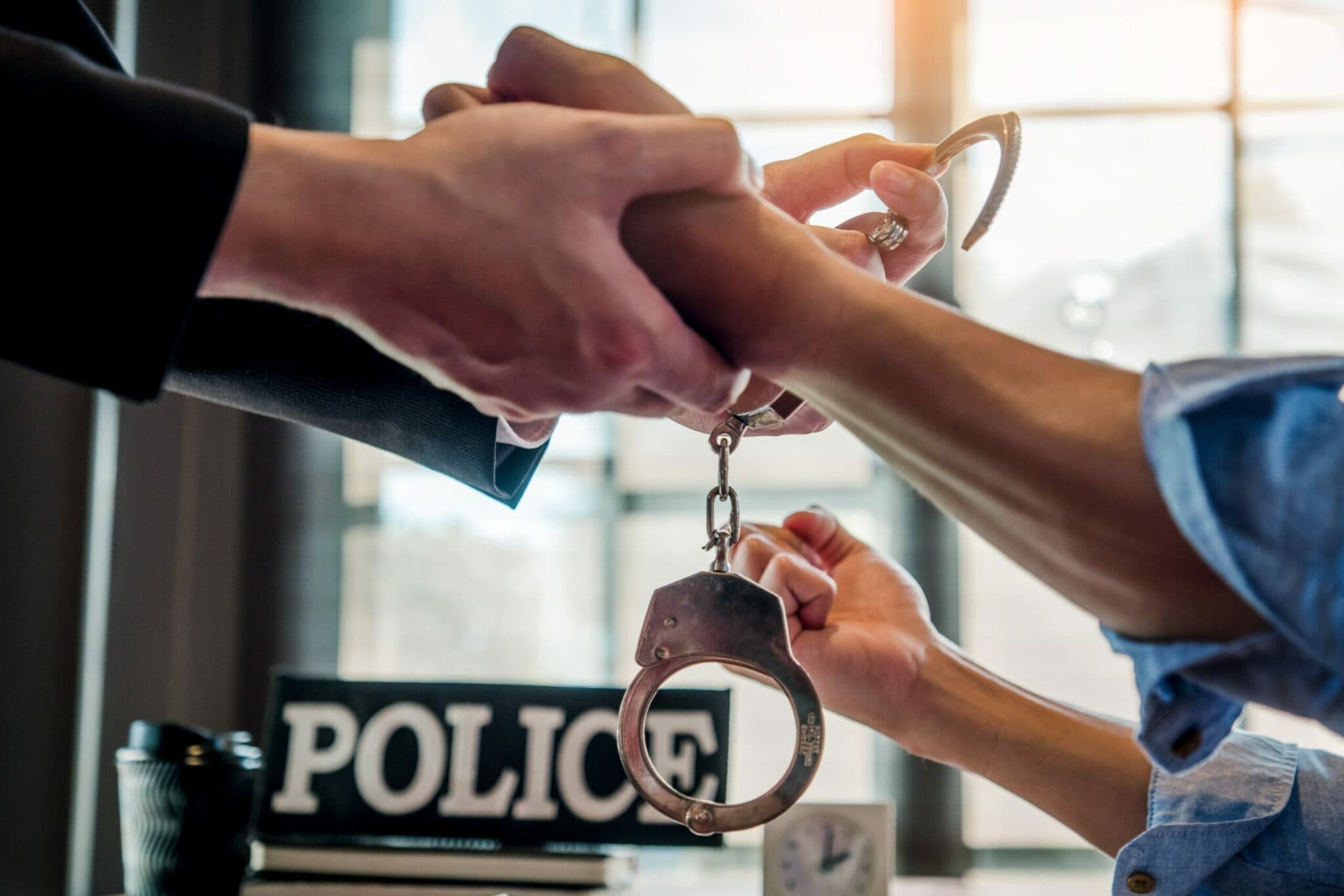When someone is placed on probation, it can feel like a second chance – freedom with conditions. However, that freedom is fragile. Violating the terms of probation can land a person right back in jail, and the outcome depends heavily on the type of violation involved. Probation violations fall into two main categories: technical and substantive. While the distinction may appear minor, it carries serious weight in court. Navigating this complex legal ground becomes far more manageable with the guidance of a probation violations criminal lawyer from Monder Law, San Diego, CA, who understands how to frame these violations in the most strategic light.
Why the Type of Violation Matters
Before a judge decides the fate of someone accused of a probation violation, the nature of the breach must be assessed. Each type of violation is weighed differently under the law, and prosecutors often approach them with varied levels of aggression.
Technical Violations: Breaking the Rules, Not the Law
Technical violations occur when someone fails to comply with the specific conditions of their probation. These aren’t new crimes but rather failures to follow instructions set by the court. Common examples include:
- Missing scheduled meetings with a probation officer
- Failing drug tests
- Not completing community service hours
- Traveling outside the jurisdiction without permission
Although they don’t involve new criminal activity, technical violations can still have serious consequences. The court might view repeated technical breaches as a disregard for authority, prompting harsher penalties over time. However, judges may offer alternatives like extended probation or rehabilitation programs, especially if it’s a first offense.
Substantive Violations: Committing New Crimes
Substantive violations are more severe. These occur when a probationer is accused of committing a new criminal offense while on probation. Whether it’s theft, assault, or DUI, this type of violation doesn’t just risk probation – it introduces a fresh set of charges. A conviction can lead to compounded penalties: punishment for the new crime and revocation of the original probation. Courts often treat substantive violations with little leniency, especially if the new offense mirrors the one that led to probation in the first place.
The Role of Criminal Defense Lawyers in Probation Violation Hearings
Probation violation cases are unique. They don’t offer the same rights as a criminal trial, such as a jury or the requirement for proof beyond a reasonable doubt. Instead, a judge decides based on a “preponderance of evidence” standard. That’s why having an experienced probation violations criminal lawyer is vital. A skilled attorney can challenge weak allegations, argue for technical vs. substantive classifications, and advocate for less punitive outcomes.
Some lawyers focus specifically on probation violation defense, using detailed timelines, character references, and alternative explanations to reduce or dismiss charges. Their goal isn’t just to win but to protect long-term freedom. They can also highlight if the violation resulted from a misunderstanding, addiction issues, or other mitigating factors.
How Investigation Services Strengthen Defense Strategies
Behind many successful criminal defenses is a thorough, objective investigation. Some defense teams rely on experienced independent investigators at https://www.blackledgeinvestigations.com – who specialize in uncovering inconsistencies, identifying overlooked witnesses, and examining law enforcement procedures. These professionals, many of whom have prior experience in law enforcement, know precisely how protocols should be followed and when lines are crossed. In probation violation cases, their work can reveal whether the issue arose from clerical errors, miscommunication, or flawed reporting. Their insights often reshape the narrative of a case, giving defense attorneys strong, evidence-based arguments. By delivering neutral, fact-driven evaluations, these investigators strengthen legal strategies, particularly when the prosecution builds its case on assumptions or weak evidence.
Courtroom Impact: When Details Make All the Difference
The distinction between a technical and substantive violation might seem like splitting hairs, but in the eyes of the court, it can be the line between continued freedom and incarceration. Judges often take past behavior and the nature of the violation into account. A first-time technical slip-up might earn a warning, while a new criminal charge likely won’t.
An interesting fact: Some states, like Georgia and Pennsylvania, have started revisiting how they handle technical violations, proposing reforms to reduce incarceration rates for minor non-compliance. Why? Because technical breaches often reflect socio-economic struggles, like missing a meeting due to transportation issues – not malicious intent.
Knowledge Is Power in Probation Cases
In the world of criminal justice, the line between freedom and jail can hinge on small, nuanced differences. Knowing whether a probation breach is technical or substantive can dramatically change how a case unfolds. For anyone on probation, staying informed and having the right legal team in place is essential. And for defense lawyers, understanding every detail – from timelines to investigative support – can mean the difference between second chances and severe setbacks.
Probation isn’t just about staying out of jail; it’s about walking a tightrope. And when someone stumbles, knowing how to define and defend that stumble can make all the difference.

